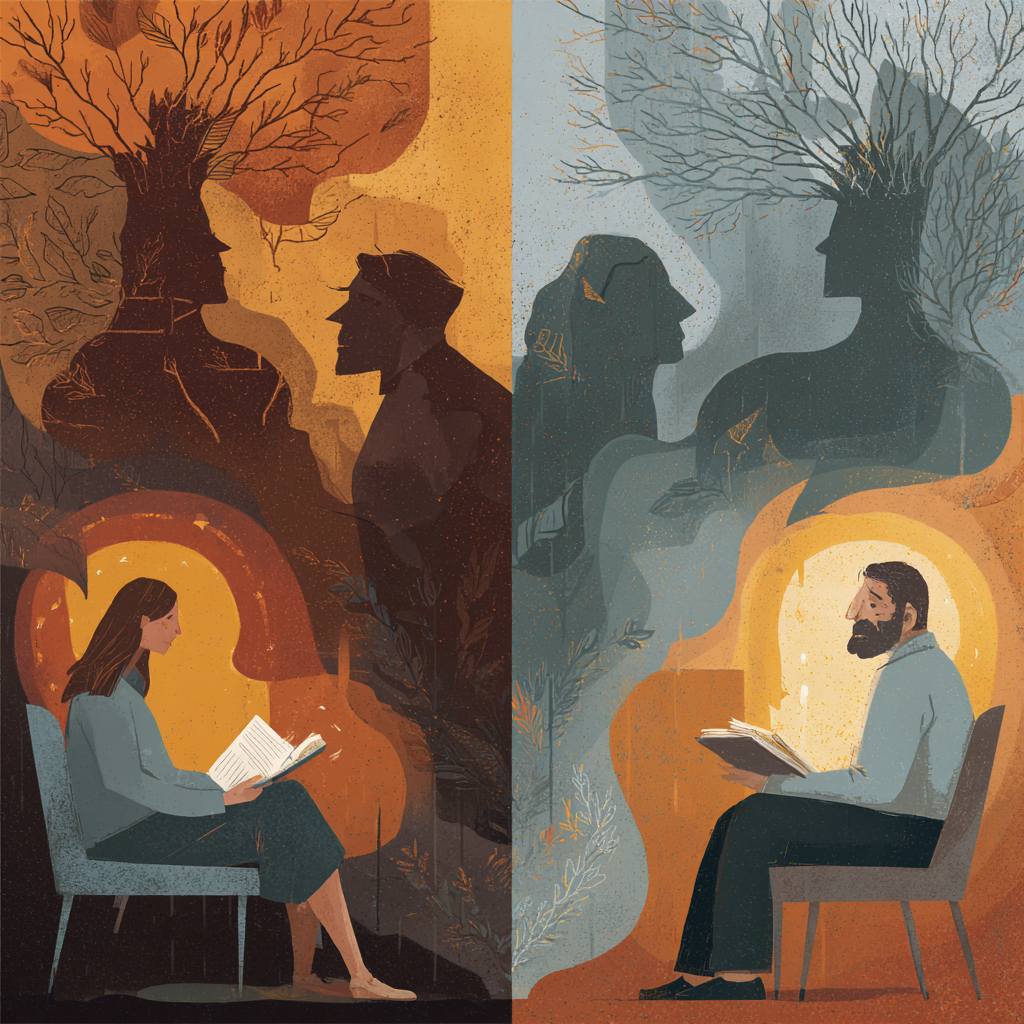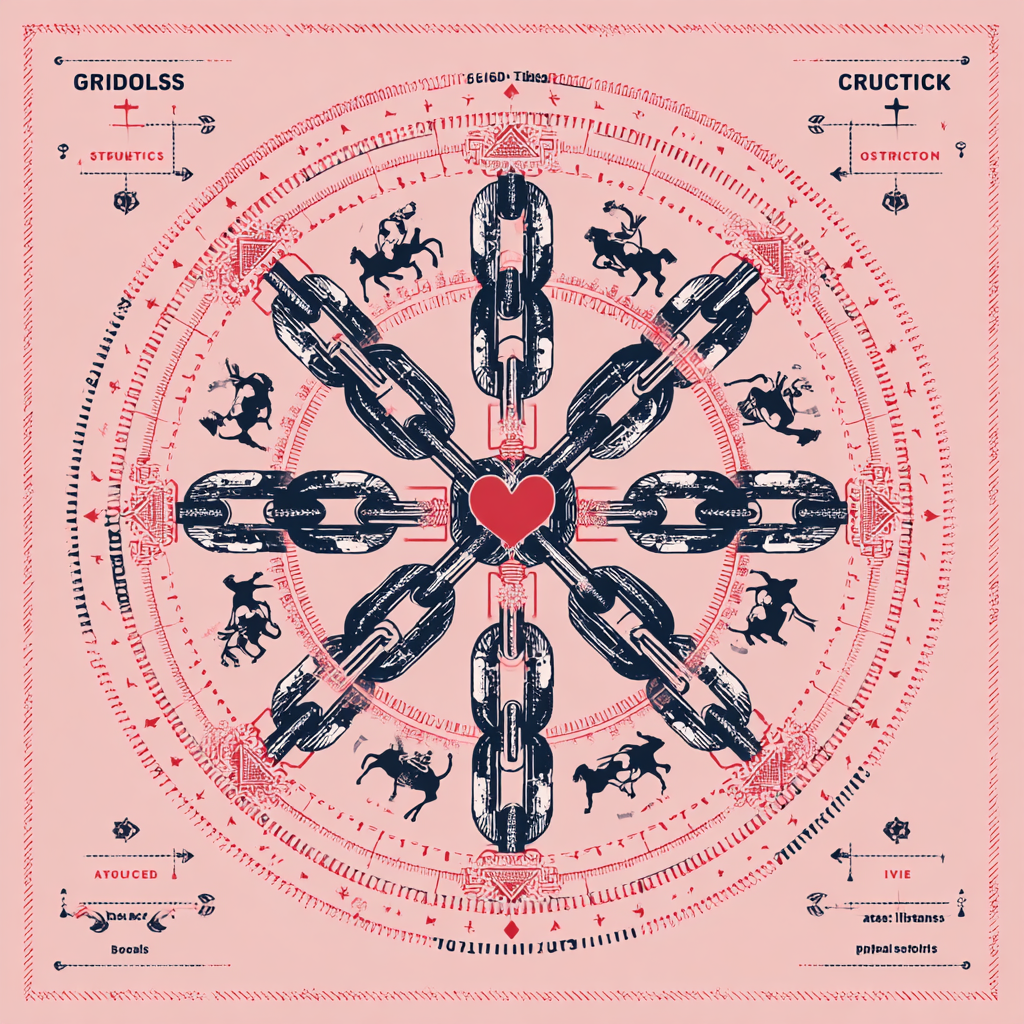Navigating Relationships: Expert Tips on Overcoming Gridlock Issues
Assessing Histories and Family of Origin Influences
When I first meet couples, I'm getting a good inventory and history. So I understand, one, the history of the relationship and then obviously two, a bit of a history of them themselves in terms of how they grew up. Our family of origin shapes how we show up, communicate and manage our emotions. I'm recently been reading this book called Us by Terrence Real. And in that book he has many recommendations, but primarily he talks about the wise adult self and the adapted child. He also talks about trauma, and so that can be the case, that there can be relational trauma.
When working with a couple, sometimes that's a component, particularly in which they could still be triggered from this relationship trauma. And within a couple's focused session, you're not focusing on particularly that person's trauma per se, but of course, often it does come up. Usually you would think that it takes two to tango and certainly it does within any relationship. No person's perfect. But you do find sometimes there is one partner that perhaps does have more what could be considered family origin trauma or relationship trauma. If that's the case, then it could be that they could be projecting onto their partner or reacting from that child part that wounded part, and there's nothing the other partner can say or do to give love to that part or appease it because it's relationship trauma. There's nothing you know that the other partner can do or say to reassure or basically heal that part. So it takes the individual to do that themselves. Like self-soothing could be consideration.
Advanced application: Journal family of origin messages influencing current triggers, then practice self-soothing before discussions to engage the wise adult self.
Gridlock Issues and the Four Horsemen
Terrence Real mentions how there's no objective truth necessarily in a relationship, that there's relationship truth. Typically, the two people often see the world entirely different. So they're in some sense both, they can both be true. Sometimes one is more true or more relationship based. When a couple's arguing, typically it's the notion within a Gottman theory of a gridlock issue. Gottman talks about gridlock issues being common patterns of arguing, or where there's a gridlock and doesn't get resolved and repeats itself.
The couple can start turning away from each other, and when they turn away from each other, usually they're gonna engage in the four horsemen. So that's excess criticism, defensiveness, stonewalling, and contempt. Over time, if a couple continues in that pattern, it's like acid on the friendship of the relationship. Every relationship starts with that friendship. If the couple's just not addressing the issue and they're not able to communicate. So it's two boats crossing in the night, never resolving.
This could be something that's resolvable. Sometimes it's a practical issue that could be talked through, but other times Gottman talks about it being like a philosophical difference. You don't necessarily have to agree with somebody, but you can never disagree with how they feel or what they took away from what you said.
Engage: Identify a recurring gridlock—practical or philosophical—and note underlying emotions for relational truth.
Managing Escalation and Fight-or-Flight
If you're seeing yourself get escalated and your adrenaline's going, it's important to take a break. If they say about 45 minutes to an hour is when the brain and the body can start to calm down. It's much more effective in a relationship when you can communicate from a calm place. That's also to note the wise adult self that we all have. There's also this notion of these child part or just if you can think of just of having your inner child.
Pay attention to the core emotions. That's anger, sadness, fear, pride, love these emotions, show up in the relationship and get expressed a certain way. When there's a gridlock issue, we like to think that we're rational beings and we're always thinking levelheaded, but there's a tendency for us to often be much more emotional than we realize. Especially when you're nearest and dearest, those emotions will be coming out.
Practical: During escalation, pause for 45-60 minutes; return from wise adult self, validating partner's feelings.
Gender Dynamics, Opposites, and Romance
Opposing perspectives can add spark because opposites attract. If someone's more feminine and one's more masculine, that leads to more polarity which leads to more sexual tension. In long-term relationships, couples often become complicit or overly focused on friendship and roles like parent, losing romance.
Gottman will recommend at least once a month to go on some quality time together to go on a date. Men are encouraged to always be dating their wife. Drawing from David Deida's The Way of the Superior Man, anchor in core constitution while appreciating polarity for sexual clarity.
Women often motivate therapy, being more socially attuned. Men may need to lean into emotions, avoid defensiveness, and acknowledge accuracy without attack. Use soft startups: pleasant tone versus harsh criticism.
Attachment Styles and Influence
Attachment styles impact gridlocks—anxious seeks connection, avoidant feels smothered. Take influence: Speak to perspective for mutual hearing. Trust and commitment form foundations; unresolved gridlocks erode them.
Communication and Nonviolent Practices
From Nonviolent Communication, observe without judging: "I noticed dishes weren't done last three times" versus "You're lazy." Think as "we," not individuals. Body language signals respect or contempt.
Advanced: Practice beginner's mind—listen charitably, reflect: "When you say this, I feel... Am I off?"
Addressing Trauma and Philosophical Differences
Gridlocks often tie to family wounds; encourage individual therapy for self-processing. Philosophical differences require empathy, not resolution.
Conclusion
In this post, I covered different aspects of working with couples, including relational trauma, gridlock issues, four horsemen, attachment styles, gender polarity, soft startups, and fostering romance. Couples therapy involves listening to opposites, validating emotions, and shifting to "we" thinking. Recommended: Gottman's marriage book, Us by Terrence Real, The Way of the Superior Man.
Seek licensed therapy for personalized support. Thank you—have a great day.
What soft startup improved your communication? Comment to build community.
Download Scapegoat & Narcissistic Abuse Recovery Course related tools. Learn more.




